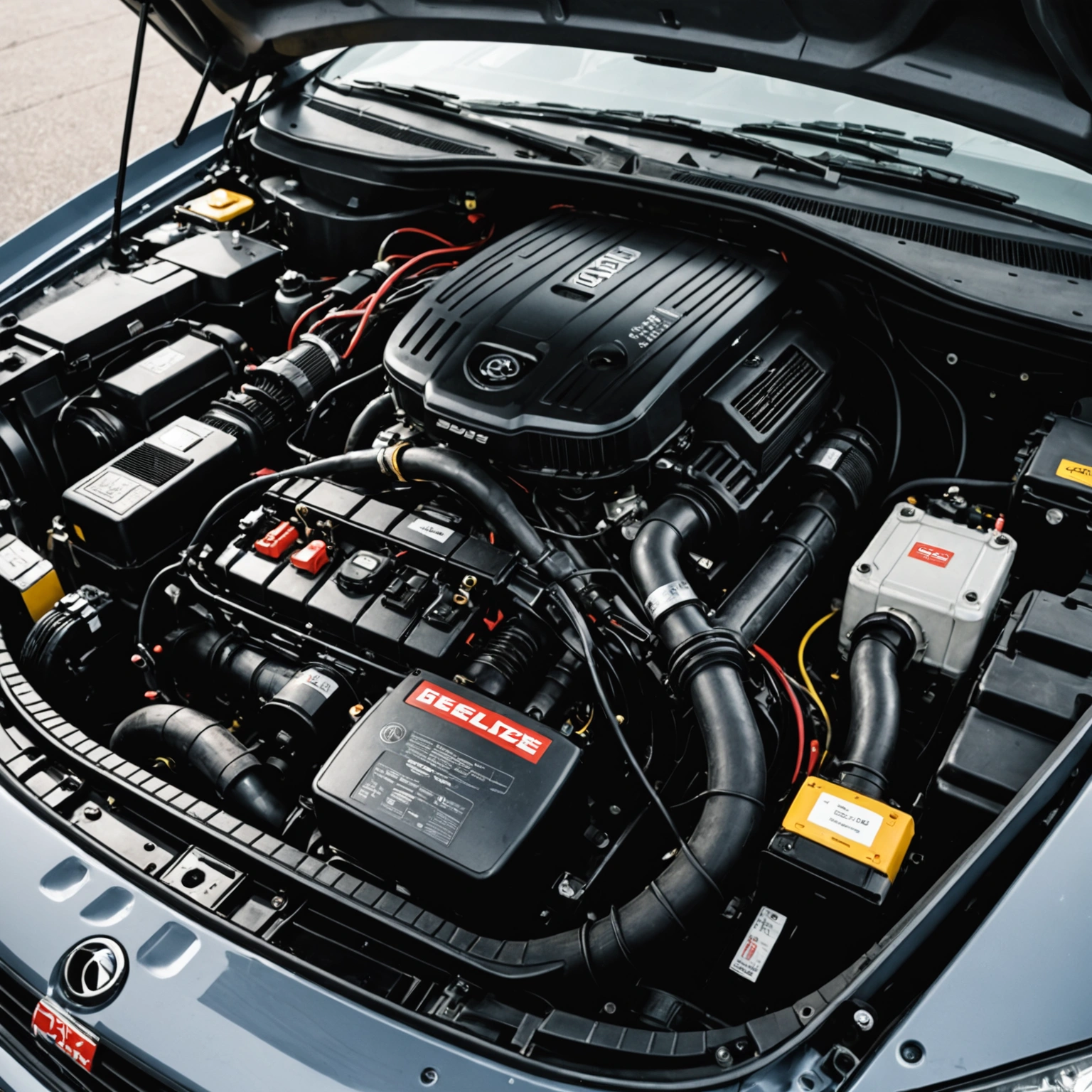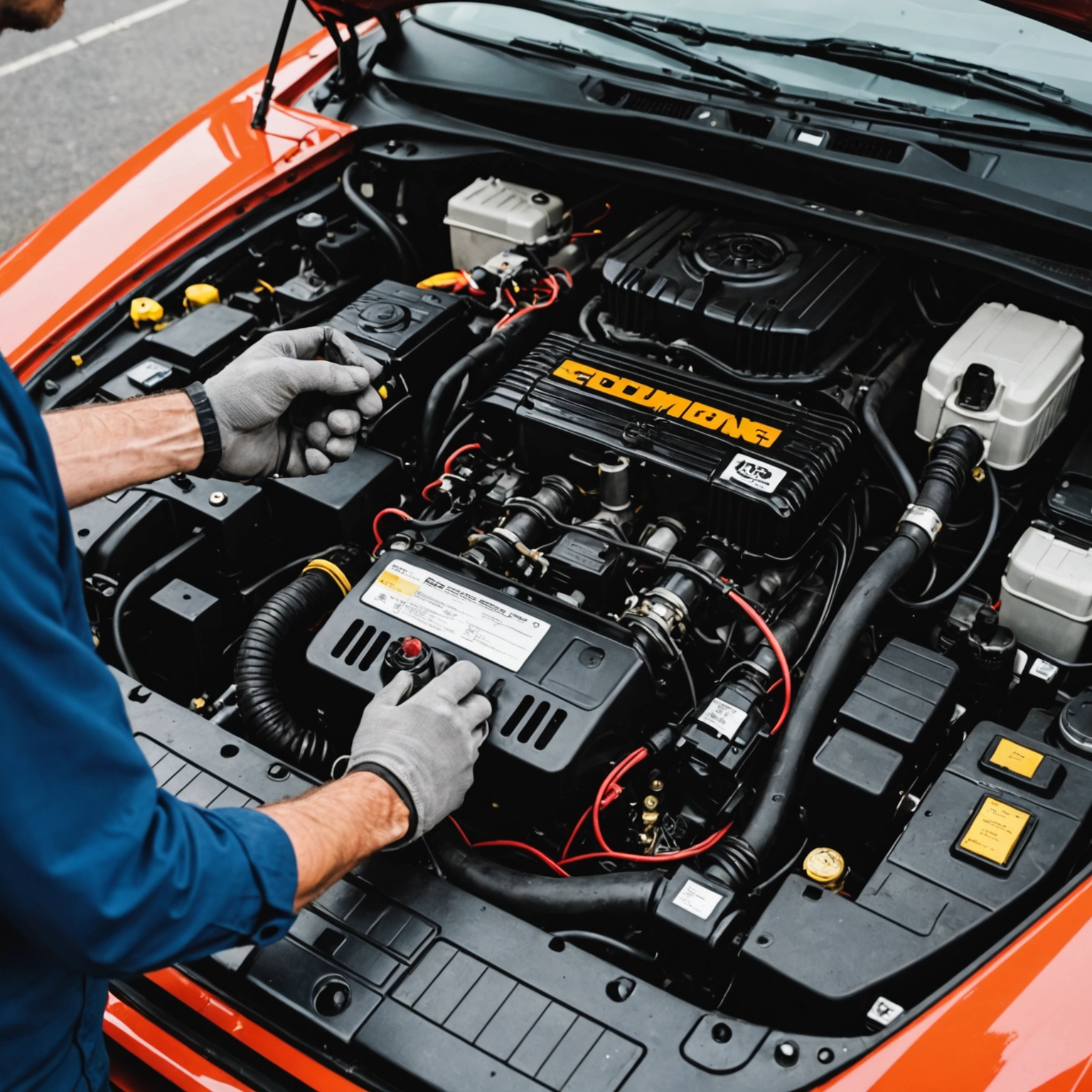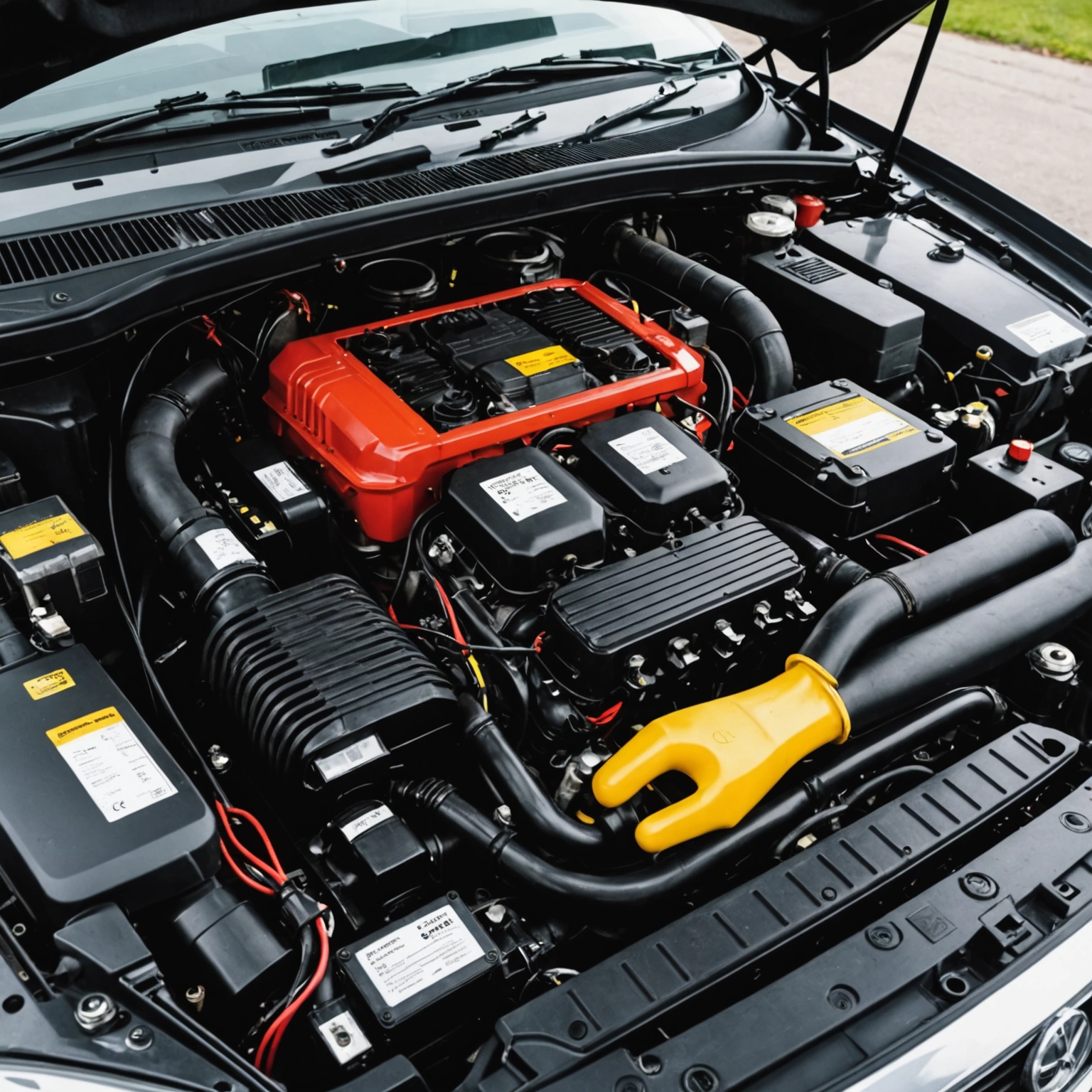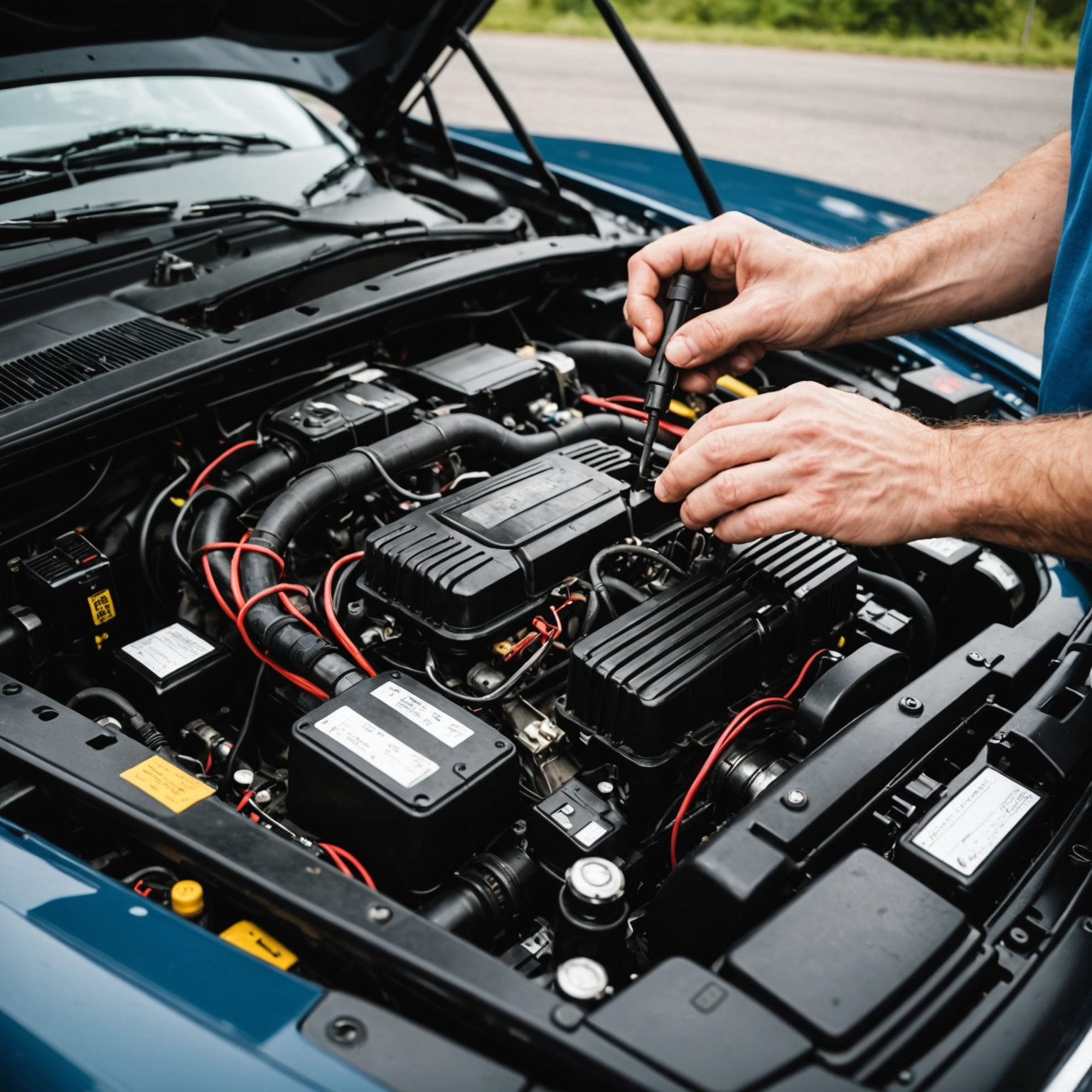**Why Does My Car Lose Power? Understanding the Common Causes**
Experiencing a sudden or gradual loss of power in your vehicle can be both frustrating and concerning. Whether you’re struggling to accelerate, climbing a hill, or simply feeling a lack of responsiveness, understanding the potential causes can help you diagnose the issue and seek appropriate repairs. Here’s a comprehensive overview of why your car might be losing power.

### 1. Fuel System Problems
**Cause:** Insufficient or contaminated fuel, clogged filters, or failing fuel pumps can restrict the flow of fuel to the engine.

**Symptoms:**
– Engine sputtering or stalling

– Reduced acceleration
– Difficulty reaching higher speeds

**Solution:** Replacing the fuel filter, inspecting the fuel pump, or cleaning fuel injectors can restore proper fuel delivery.
—
### 2. Air Intake and Exhaust Blockages
**Cause:** A dirty air filter or clogged catalytic converter can limit airflow, affecting engine performance.
**Symptoms:**
– Reduced power and acceleration
– Decreased fuel efficiency
– Engine misfires
**Solution:** Regularly replacing the air filter and inspecting the exhaust system can maintain optimal airflow.
—
### 3. Ignition System Issues
**Cause:** Faulty spark plugs, ignition coils, or wiring can cause misfires and power loss.
**Symptoms:**
– Rough idling
– Hesitation during acceleration
– Engine misfire codes
**Solution:** Replacing worn spark plugs and inspecting ignition components can improve performance.
—
### 4. Sensor Failures
**Cause:** Modern vehicles rely on sensors like the Mass Air Flow (MAF), Oxygen (O2), or Throttle Position Sensor (TPS). Malfunctioning sensors can send incorrect data to the engine control unit (ECU).
**Symptoms:**
– Reduced power
– Poor fuel economy
– Check engine light activation
**Solution:** Diagnostic scanning can identify faulty sensors; replacing or cleaning them often resolves the issue.
—
### 5. Transmission Problems
**Cause:** Slipping or failing transmissions can prevent power from reaching the wheels effectively.
**Symptoms:**
– Sluggish acceleration
– Burning smell
– Transmission warning lights
**Solution:** Regular transmission fluid changes and repairs may be necessary.
—
### 6. Engine Mechanical Problems
**Cause:** Worn piston rings, valves, or timing belt issues can compromise engine compression.
**Symptoms:**
– Loss of power
– Rough running engine
– Unusual noises
**Solution:** Mechanical repairs or rebuilds are often required for severe issues.
—
### 7. Turbocharger or Supercharger Failures
**Cause:** For vehicles equipped with forced induction, a malfunctioning turbo or supercharger can lead to significant power loss.
**Symptoms:**
– Lack of boost
– Whistle or whining noises
– Reduced acceleration
**Solution:** Repair or replacement of the forced induction components is necessary.
—
### When to Seek Professional Help
If your car is losing power, it’s wise to have it diagnosed by a qualified mechanic. Ignoring the issue can lead to further damage and costly repairs. Regular maintenance, such as oil changes, filter replacements, and system inspections, can also help prevent performance problems.
—
**In summary**, power loss can stem from various sources, including fuel and air delivery issues, ignition problems, sensor malfunctions, transmission faults, or engine wear. Identifying the root cause promptly ensures your vehicle remains reliable, efficient, and safe to drive.
If you’re experiencing power loss, don’t hesitate to consult a professional to keep your vehicle running smoothly!

